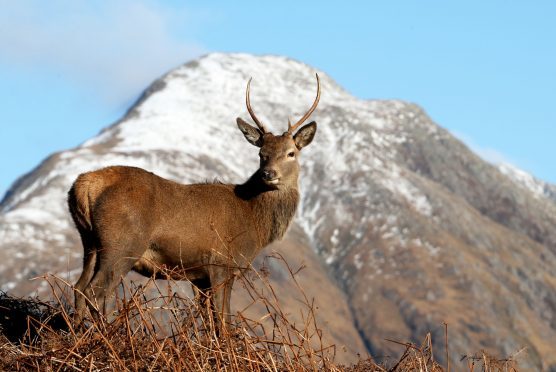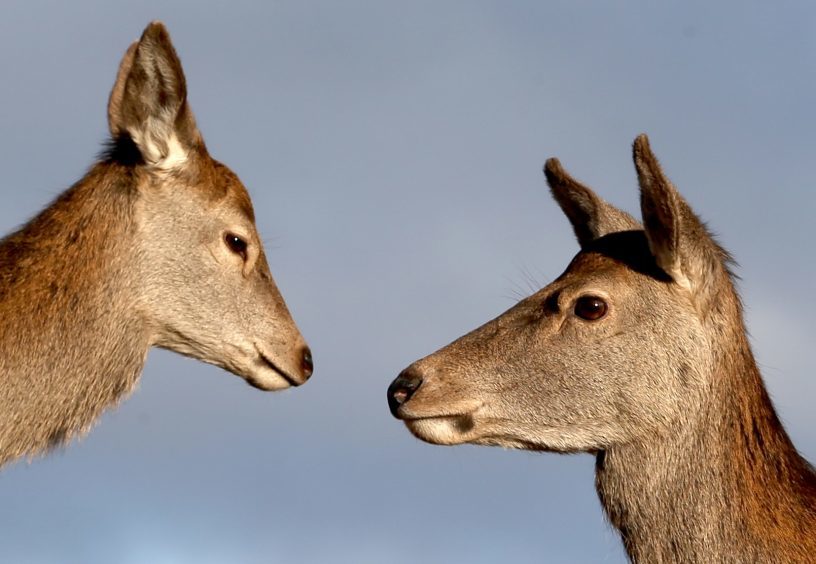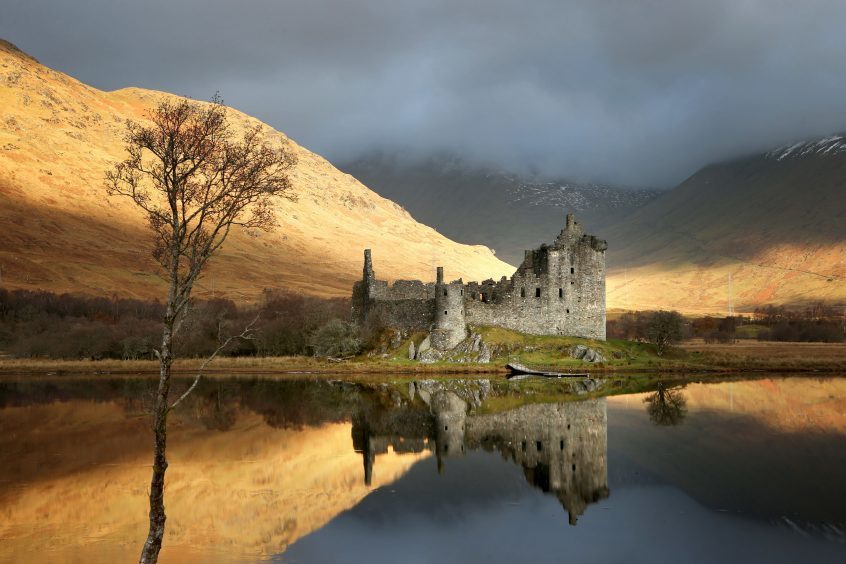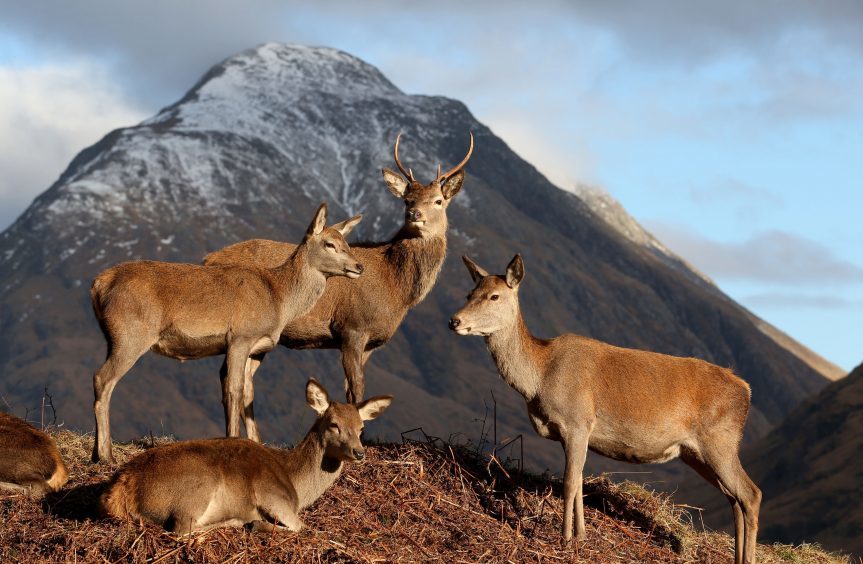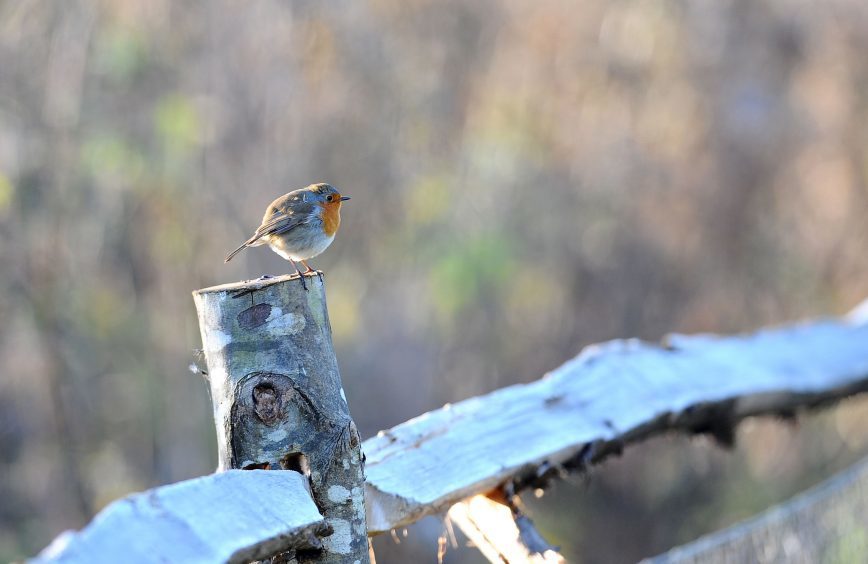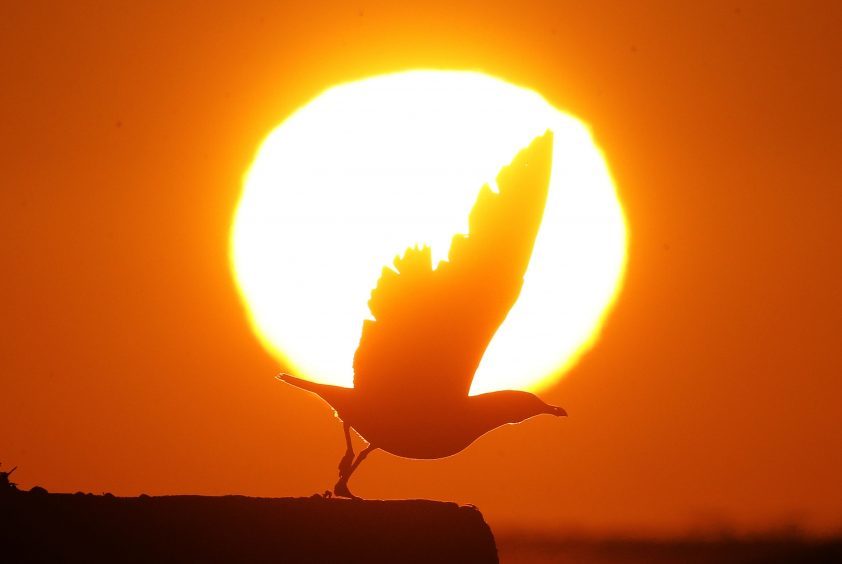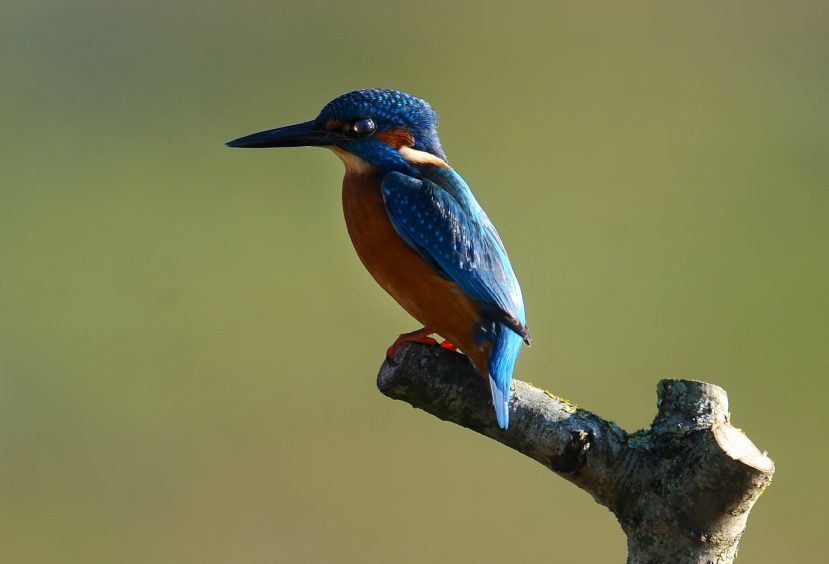England and Wales could shiver through the coldest evening of the autumn so far on Tuesday night as frosty yet dry conditions herald the start of winter, forecasters have predicted.
Meteorologist Mark Wilson said temperatures would struggle to get higher than 6C (43F) amid a sunny and cold day in England and Wales, with Scotland expected to experience milder conditions of up to 9C (48F).
While it is unlikely overnight temperatures for the entire UK will drop lower than the coldest of the season so far – which was -12C (10F) in parts of Scotland last week – Britain could get its coldest night of autumn on Tuesday night with temperatures in some areas forecast to get as low as -8(18F).
Mr Wilson said: “We’re pretty confident it will be one of, if not the, coldest night of the autumn so far.”
He added: “For the bulk of the country, it’s going to be a cold day. Across much of the southern parts of the country we’re expecting harsher frost.”
While the overnight frost forecast for the central and southern regions was “fairly unusual”, it would be unlikely to pose any real risk or disruption to the public, Mr Wilson said.
He said:“ Although it’s going to be cold, there aren’t going to be too many hazards.
“There isn’t too much water, it’s going to be dry.”
In the major cities on Tuesday, London is expected to peak at 5C (41F), Edinburgh edge towards a top of 7C (45F) and Manchester reach a highest temperature of 3C (37F).
The imminent arrival of the colder conditions comes as the Local Government Association’s (LGA) annual winter readiness survey shows that councils are well prepared for plummeting temperatures with a substantial stock of grit.
About half are at the limit of storage capacity, and the LGA said gritters will be out treating thousands of miles of roads whenever overnight temperatures drop below zero in the coming days.
Councillor Martin Tett, LGA transport spokesman, said: “We are well prepared for the cold, with 1.2 million tonnes of salt stockpiled and a fleet of state-of-the-art gritters ready to be deployed.”
Public Health England has also warned civilians to remember that “cold does kill” even in locales that are not experiencing the coldest temperatures.
December 1 marks the beginning of meteorological winter, which lasts until February 1.
